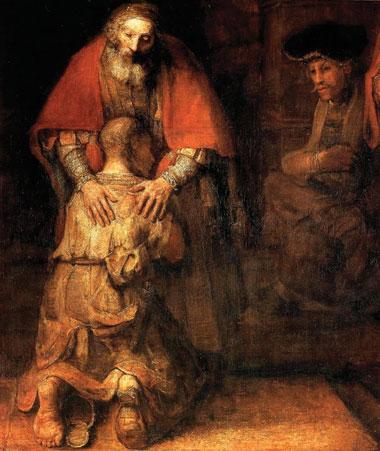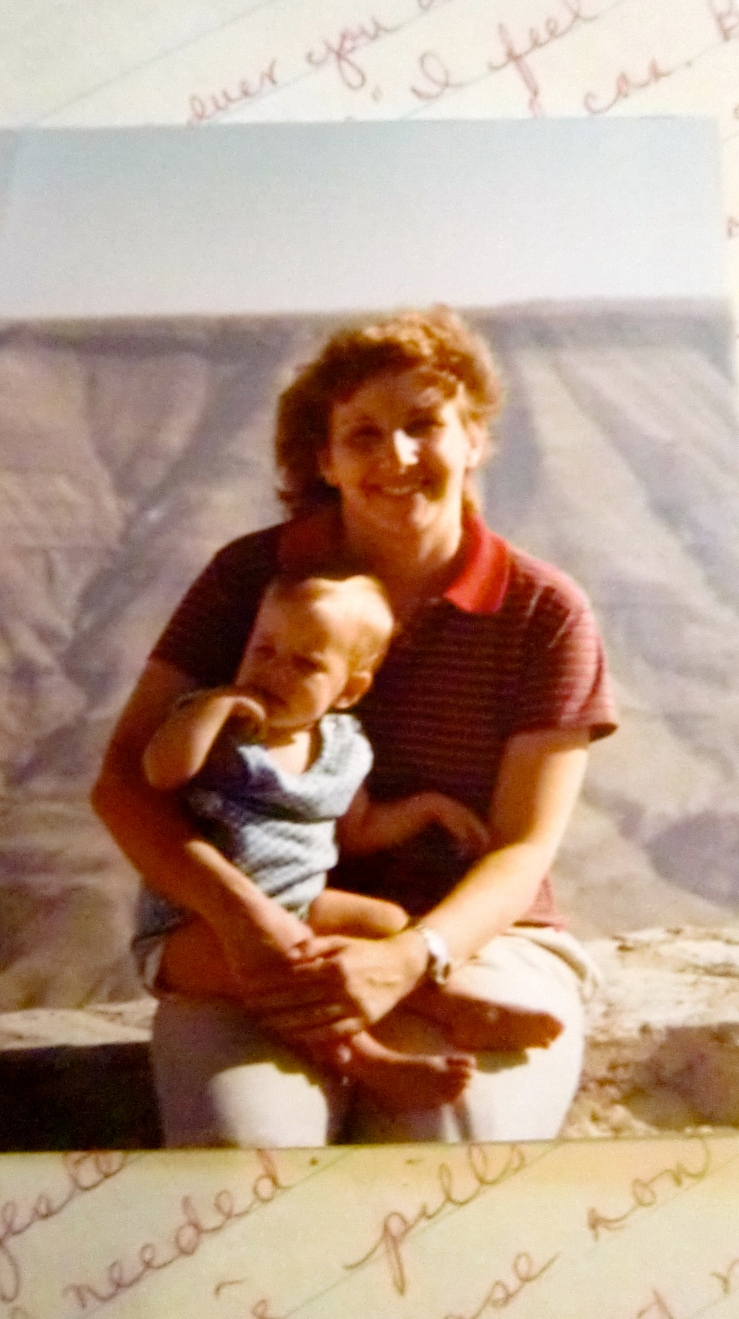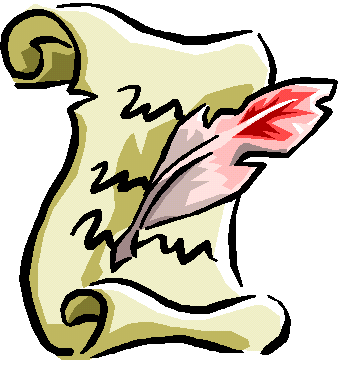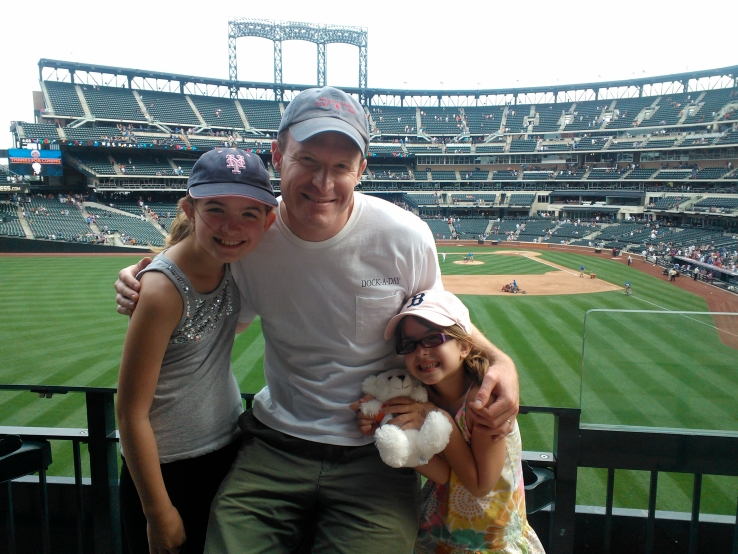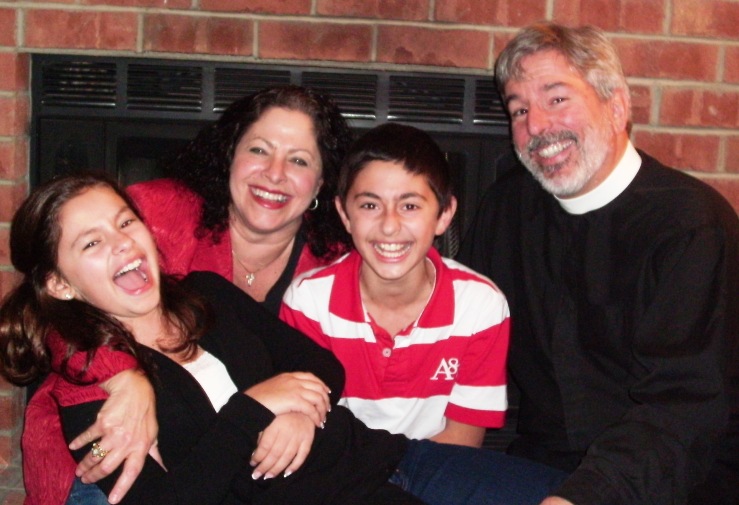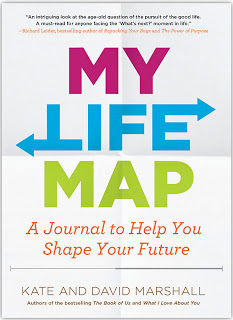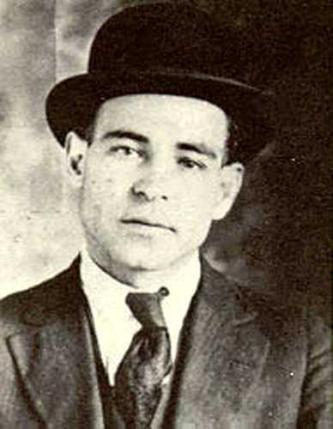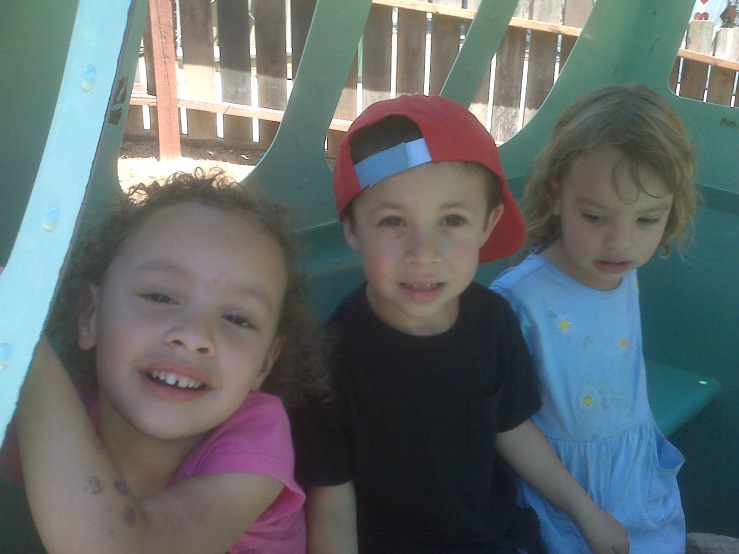robert temple, who lives in Oakland, California with his partner Lory and his formerly feral cat, Batty, has three children and four grandchildren. His children, all of whom live in California, are Carl, 37, Julia, 35, and Jessica, 33. His grandchildren are Kyree, 13, Annabelle and Tallulah, 5 (fraternal twins), and Amir, 6. robert has performed as a singer songwriter and guitar player for some 30 years, playing around the country but mostly in California. His song “Lift Us Up,” from his CD “What Would YOU Do?,” was chosen to be on a CD commemorating Martin Luther King, Jr. His song, “Turn Signal,” was featured on the nationally syndicated NPR show “Car Talk.” You can hear some of his work and learn more about him at www.roberttemplemusic.com and www.facebook.com/roberttemplemusic.
Dear Carl, Julia, Jessica, Kyree, Annabelle, Tallulah and Amir,
It is hard to say which issue most bothers me about Mitt Romney and the Republican Party. It is clear that Mitt Romney will say or do almost anything to get elected. It is also clear that he substitutes talking points for principles.
One image that stands so large in my mind is at the Republican Convention when Romney said that “Obama promised to begin to slow down the rise of the oceans…and to heal the planet. My promise is to help you and your family.” He played this for a laugh and got it. Truly stunning.
Romney has promised to end funding for Planned Parenthood (the only source of healthcare for many women) and to support a constitutional amendment that says life begins at conception and thereby end legal abortion and much contraception. He does not believe that women should be able to control their own bodies. (despite the fact that his own mother was decidedly pro-choice)
Romney discounted 47% of the American people with his now famous videotaped comments in Florida. This was the most animated and excited I had ever heard him up till that time.
Romney is completely out of touch with the average American with his mansion in La Jolla and five other houses and his brazen refusal to release his income taxes, as most presidential candidates do. His record at Bain Capital exhibits complete disdain for anything but profit for his company. His claim to be a job creator is a bad joke.
His comments about world issues are saber-rattling, opportunist and ignorant. He attempts to appeal to a form of nationalism that says whatever America wants America gets by subterfuge or force of arms.
The attempt by the Republican Party to carry out widespread voter suppression, despite the fact that it is almost non-existent, is an affront to anyone who believes in the right of people to vote. (So far the main voter fraud has been the Republicans hiring of a contractor who turned in illegible, incorrect, and falsified voter registration forms)
All of this does not mean that I am a Democrat or strong supporter of Barack Obama. I believe that the Democrats are very much a corporate party. Although I don’t believe our fundamental economic and political contradictions will be solved, I think that the lives of ordinary people will be somewhat better if Obama wins.
I used to work in a steel mill. Your very life is in the hands of other people in that situation. One develops a sense of people’s gut nature there. This was also true when I worked high rise construction and as a cab driver. You need your gut to survive.
My gut is twisted over the possibility of an empty shell like Mitt Romney being elected president.
Here’s a song I wrote, “Sorry ‘Bout Your Poverty” (Ballad Of Mitt Romney):
When I need a second helping I just help myself
You think that it’s a piece of cake hoarding all this wealth.
I’ve got a home in La Jolla and five more with killer views
Bring around the Caddie, today I’ll take the red one
No, I think I’ll take the blue
Sorry ‘bout your poverty
You picked your parents poorly
In the place you came up less
It seems I came up morely
Is there something in your genes
That makes you act so sorely
I was graced by god with things not meant for you
A town without a ghetto is a town that I don’t trust
There has to be a lower class to raise that upper crust
I’m feeling kind of rusty ‘cause I haven’t fired anyone for a day or two
I’ll bet you 10 G’s that in the end I’ll pay a lower tax rate than you.
Sorry ‘bout your poverty
You picked your parents poorly
In the place you came up less
It seems I came up morely
Is there something in your genes
That makes you act so sorely
I was graced by god with things not meant for you
You might say I was born with a silver spoon
You’ll never extricate the truth or my taxes
Even with a whole bag of prunes
Sorry ‘bout your poverty
You picked your parents poorly
In the place you came up less
It seems I came up morely
Is there something in your genes
That makes you act so sorely
I was graced by god with things not meant for you
Ó 2012 temple time music (ascap)
P.S. – Please see part 2 tomorrow.








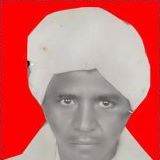








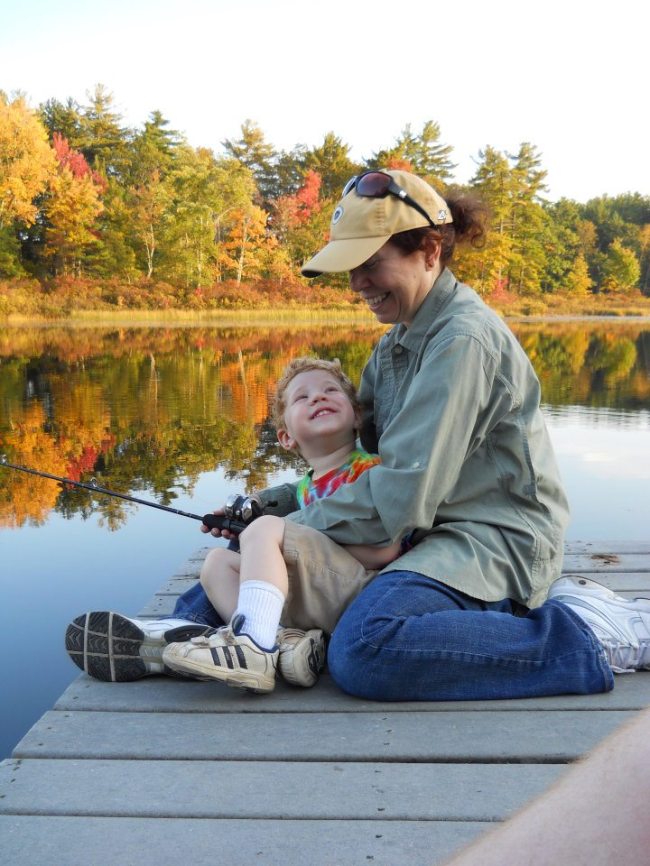









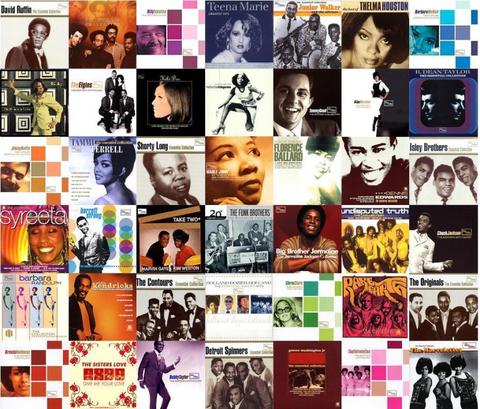



 “Cloud Nine” had come out as a single in 1968, the Temps venturing away from romantic ballads and into what came to be called psychedelic soul, landing Motown its first Grammy Award for Best Rhythm and Blues Group performance. More than anything, we loved how the Temptations danced, how they shimmied and sashayed, perfecting a signature move known as “The Temptation Walk.” Eventually, over 25 years, with no fewer than 43 top 10 hits, the Temptations would evolve, despite some musical chairs among its members, into the most successful rhythm and blues group of all time.
“Cloud Nine” had come out as a single in 1968, the Temps venturing away from romantic ballads and into what came to be called psychedelic soul, landing Motown its first Grammy Award for Best Rhythm and Blues Group performance. More than anything, we loved how the Temptations danced, how they shimmied and sashayed, perfecting a signature move known as “The Temptation Walk.” Eventually, over 25 years, with no fewer than 43 top 10 hits, the Temptations would evolve, despite some musical chairs among its members, into the most successful rhythm and blues group of all time.



